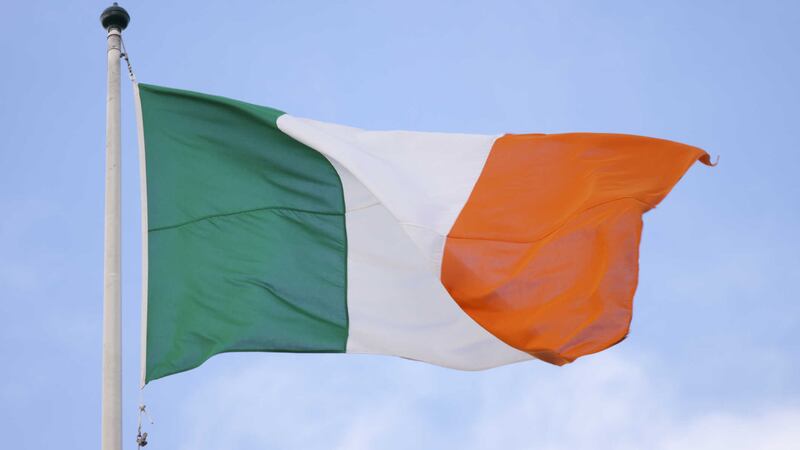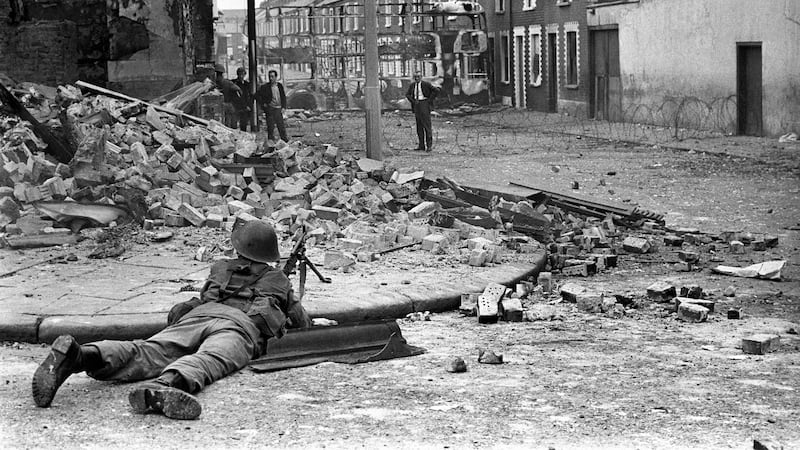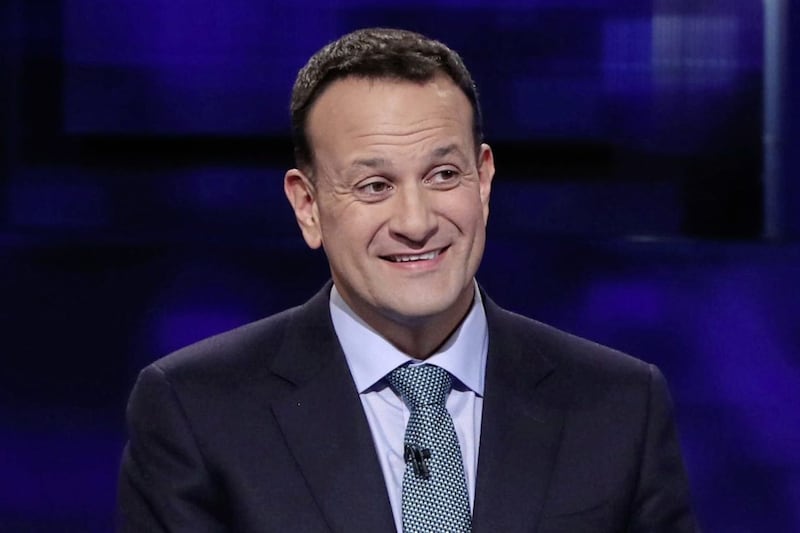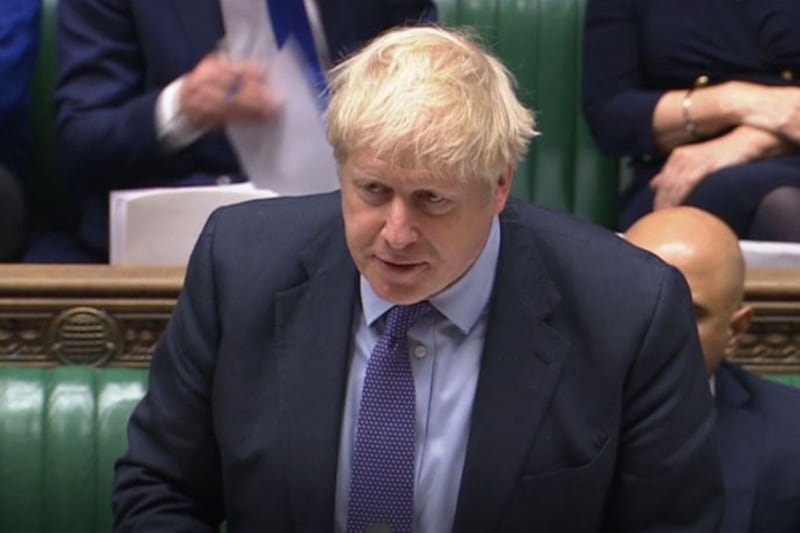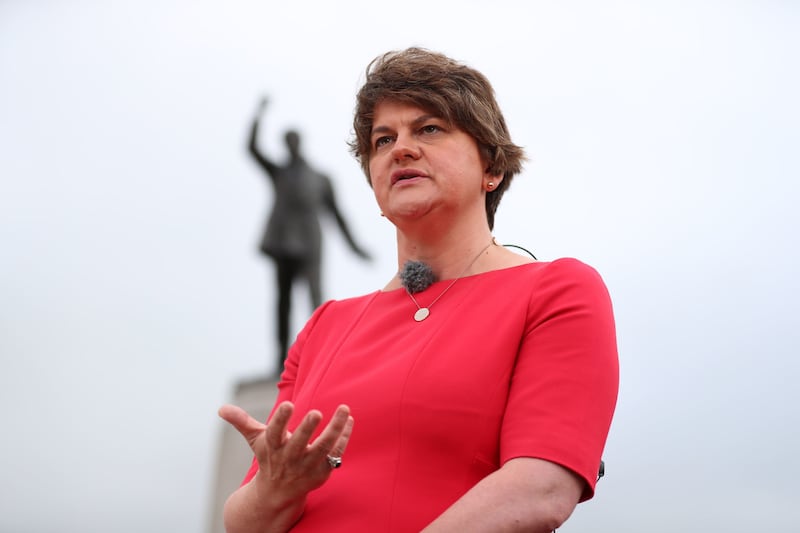IN A LETTER to the Nationalist leader, Mr John Redmond, outlining the government’s proposals for Home Rule, the Prime Minister, Mr Lloyd George writes: ‘The choice of alternatives open to the Government has been narrowed by the fact that it is impossible for them in the crisis of a war in which our safety and the liberty of most of the nations of Europe are at stake to take action which would revive violent political controversy and so weaken, or imperil, the unity which is essential to the supreme necessity of winning the war.’
Without anticipating Mr Redmond’s reply to the British PM, we may point out that the proposals outlined by Mr Lloyd George had been revealed to the British press in all essentials many days ago. The Prime Minister proposes a ‘clean cut’ of ‘the six counties of North East Ulster’ on the assumption that the people of these counties are opponents of selfgovernment.
Two of the six counties thus located are not in North East Ulster. Fermanagh is in South West Ulster and Tyrone is in Mid Ulster. Nor are the people of Fermanagh and Tyrone opposed to self-government; on the contrary, majorities in both counties that would be deemed ‘decisive’ on a test demand national liberty as earnestly as the inhabitants of Cork or Tipperary. ‘County Option’ has gone by the board.
The six counties are to be ‘excluded’ for five years – whether they wish it or not. But a ‘National Council’ [of all-Ireland] is to be established.
We see it stated that the gentlemen who speak for the Ulster Unionists believe this proposed Council’s powers are too far-reaching.
Alternatively, the Prime Minister suggests a National Conference ‘to consider the future of Ireland’. The section in Ireland to whom Mr Lloyd George has surrendered would not change their minds after a hundred Conferences. They hold the British Government ‘in the hollow their hands’.
Five-sixths of the Irish people are as nought when compared with them to the minds of Mr Lloyd George, Lord Milner and Lord Curzon.
(Though John Redmond seized on Lloyd George’s offer of an Irish Convention to hammer out an all-Ireland settlement, it is clear that The Irish News had little confidence that Carson and Craig would abandon their hostility to a Dublin parliament.)
